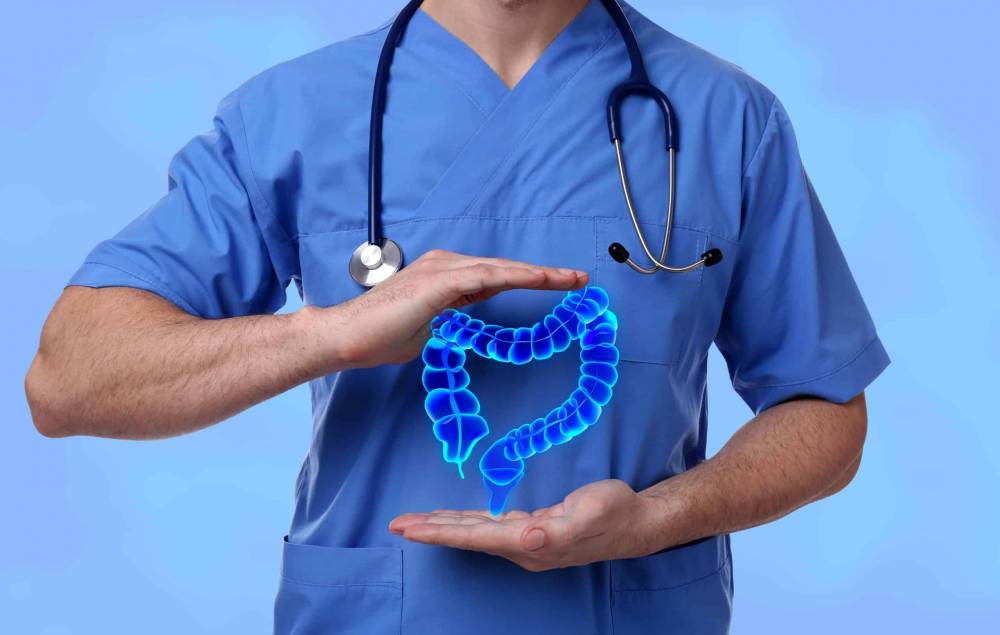
How Advanced Gastroenterology Is Revolutionising Digestive Care?
Modern medicine continues to evolve rapidly, and one of the areas experiencing a remarkable transformation is gastroenterology. This medical speciality focuses on the digestive system and its disorders, covering everything from the oesophagus to the colon. In recent years, advanced gastroenterology has changed the way doctors diagnose, treat, and prevent gastrointestinal conditions. Through innovations in technology, minimally invasive procedures, and personalised treatment strategies, digestive care has become more accurate, comfortable, and effective than ever before.
The Role Of Technology In Diagnosis
Traditionally, diagnosing digestive issues involved a combination of symptoms, imaging, and endoscopic procedures that could be uncomfortable or invasive. Today, advanced technology has made it possible to detect even the smallest abnormalities with remarkable precision. High-definition endoscopy and capsule endoscopy are two major developments leading this change. With high-definition imaging, gastroenterologists can visualise the digestive tract in greater detail, enabling early detection of polyps, ulcers, or inflammation that might have been missed before. By allowing patients to swallow a tiny camera that records images as it passes through the intestines, capsule endoscopy provides a comprehensive look without causing discomfort.
The use of artificial intelligence in diagnosis is also growing. AI-powered tools are helping doctors analyse endoscopic images more efficiently, spotting irregularities that may indicate early signs of cancer or other diseases. This combination of technology and expertise is making diagnostic accuracy higher while reducing the need for invasive exploratory procedures. Advanced gastroenterology often works alongside vascular medicine, as conditions like varicose veins can sometimes indicate underlying circulatory issues that affect digestive health and overall well-being.
Minimally Invasive Procedures And Faster Recovery
Advancements in gastroenterology have also led to significant improvements in treatment options. Minimally invasive procedures are replacing traditional surgeries in many cases, allowing patients to recover faster and experience less discomfort. Endoscopic therapies, for example, can remove growths, control bleeding, or open blocked passages without requiring large incisions.
One major breakthrough is the use of endoscopic submucosal dissection, a technique that allows doctors to remove early-stage cancer or precancerous tissue from the stomach or colon without surgery. Similarly, endoscopic ultrasound has made it easier to view and treat pancreatic and bile duct conditions with minimal risk. These innovations are reducing hospitalisation time and improving patient outcomes.
Personalised Treatment And Precision Medicine
Another way advanced gastroenterology is transforming digestive care is through personalised treatment. Each person's digestive system is unique, and so are the factors that affect it. Modern gastroenterologists are using precision medicine to tailor treatments based on an individual's genetic profile, microbiome composition, and lifestyle. For complicated illnesses like Crohn's disease, ulcerative colitis, and irritable bowel syndrome, this method is especially helpful.
Physicians can create more effective and less harmful targeted therapies by examining how a patient's body reacts to particular drugs or foods. The growing understanding of the gut microbiome is also influencing treatment strategies. Microbiome-based treatments are a potential field in contemporary gastroenterology since research indicates that gut bacteria are essential for immunity, mood, and metabolism.
Integrating Preventive Care And Lifestyle Management
Advanced gastroenterology is not just about treating diseases; it is also about preventing them. Early screening programs have become a cornerstone of digestive health care. For example, by detecting and excising polyps before they develop into cancer, colonoscopy screenings have been shown to dramatically lower the risk of colorectal cancer.
Alongside medical advancements, gastroenterologists are placing greater emphasis on lifestyle management. Nutrition counselling, stress management, and exercise recommendations are now integrated into treatment plans to improve digestive function and prevent recurrence of symptoms. Patients are being urged to actively participate in their digestive health by fusing technology with a holistic approach. In addition to gastroenterology, proctology has also advanced significantly, providing more precise and less invasive treatments for conditions affecting the rectum and anus, which are essential parts of comprehensive digestive care.
Telemedicine And Digital Health Tools
Gastroenterology's reach has been considerably extended by the digital revolution. Telemedicine allows patients to consult specialists from the comfort of their homes, making digestive care more accessible. Remote monitoring devices can track symptoms such as acid reflux or bowel movements, giving doctors real-time data to adjust treatment plans. This use of digital tools helps maintain continuity of care, especially for patients managing chronic gastrointestinal conditions.
The Future Of Digestive Health
Looking ahead, the field of gastroenterology is expected to continue evolving with advances in biotechnology and regenerative medicine. Researchers are using stem cells to repair intestinal tissue and developing new drug delivery strategies for specific digestive system locations. Future advances in artificial intelligence, data analytics, and patient-centred care could diagnose and treat digestive issues early and precisely.
Conclusion
Advanced gastroenterology has truly revolutionised the way we understand and care for the digestive system. With innovations in diagnostics, minimally invasive procedures, personalised treatments, and digital health solutions, patients today experience better outcomes and improved quality of life. The discipline will only get more effective, precise, and caring as technology advances, guaranteeing that digestive health care keeps up with the shifting demands of contemporary medicine.

